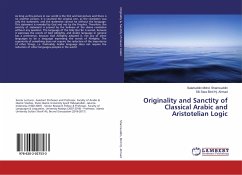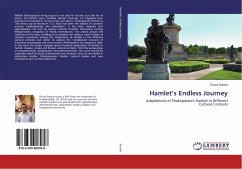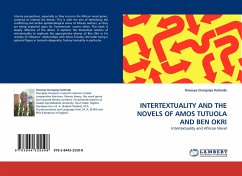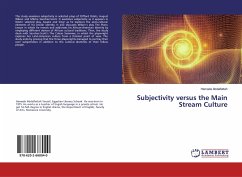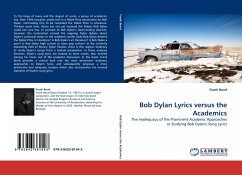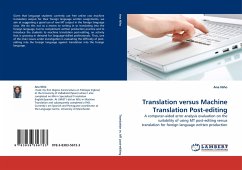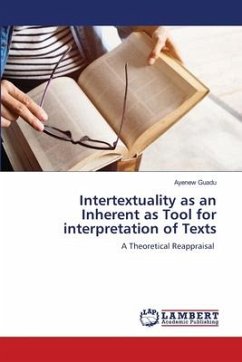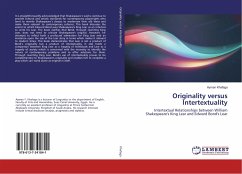
Originality versus Intertextuality
Intertextual Relationships between William Shakespeare's King Lear and Edward Bond's Lear
Versandkostenfrei!
Versandfertig in 6-10 Tagen
37,99 €
inkl. MwSt.

PAYBACK Punkte
19 °P sammeln!
It is straightforwardly acknowledged that Shakespeare's works continue to provide cultural and artistic standards for contemporary playwrights who tend to rewrite Shakespeare's classics to modernize their old ideas and make them relevant to contemporary cultures. This book discusses the extent to which Edward Bond uses Shakespeare's King Lear as an intertext to write his Lear. The book clarifies that Bond, through rewriting King Lear, does not tend to criticize Shakespeare's original. However, he attempts to reflect both a profound admiration for King Lear and an insistence upon the use of the...
It is straightforwardly acknowledged that Shakespeare's works continue to provide cultural and artistic standards for contemporary playwrights who tend to rewrite Shakespeare's classics to modernize their old ideas and make them relevant to contemporary cultures. This book discusses the extent to which Edward Bond uses Shakespeare's King Lear as an intertext to write his Lear. The book clarifies that Bond, through rewriting King Lear, does not tend to criticize Shakespeare's original. However, he attempts to reflect both a profound admiration for King Lear and an insistence upon the use of the Lear story in terms which makes it relevant to modern times. This book demonstrates that Lear is not a product of Bond's originality but a product of intetextuality. It also holds a comparison between King Lear as a tragedy of individuals and Lear as a tragedy of society which is concerned with the necessity to identify the nature of contemporary problems and to offer solutions for them. Through rewriting King Lear, Bond's use of intertextuality proves to be complementary to Shakespeare's originality and enables him to complete a play which can stand alone as original in itself.



